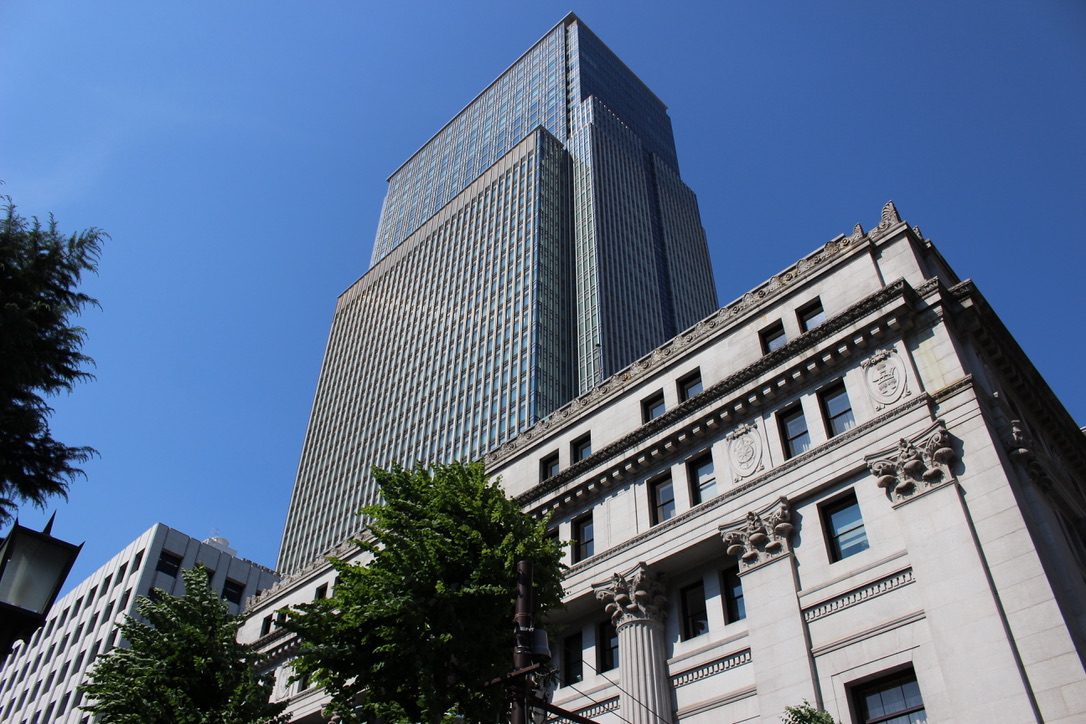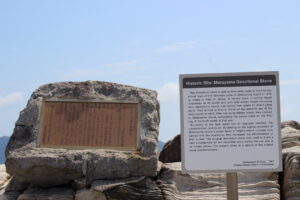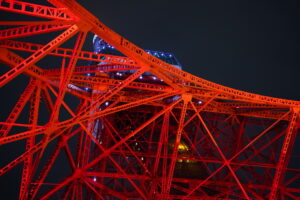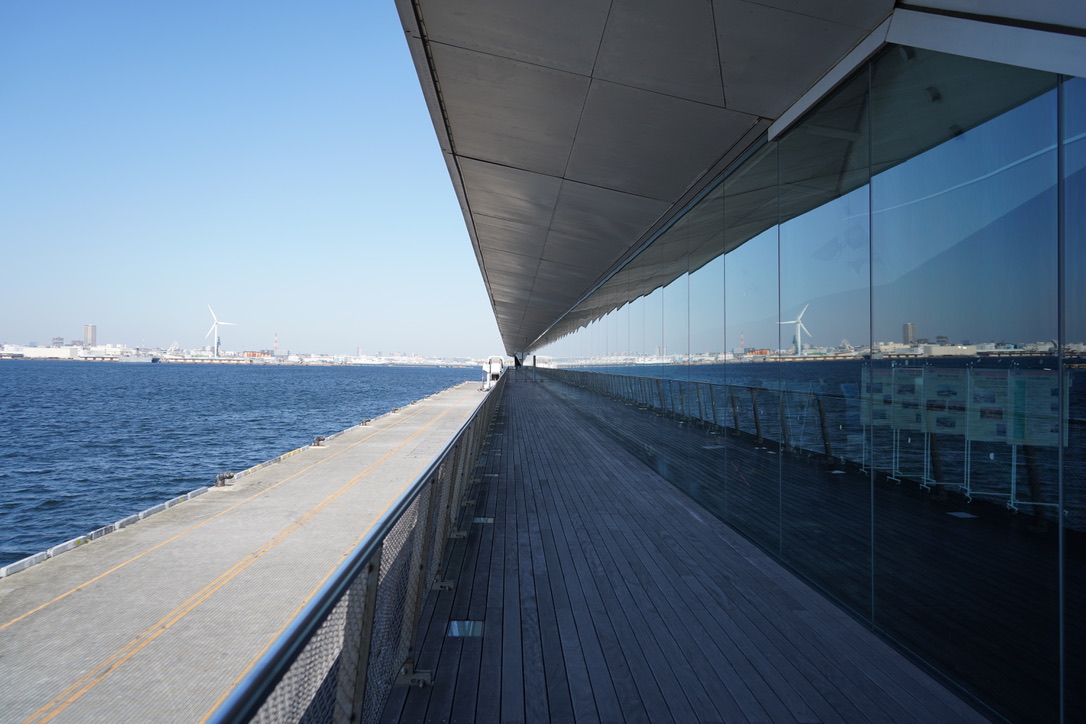Key Considerations for Overseas Establishing Business Operations in Japan

Office Costs as a Hurdle for Business Expansion
When foreign businesses consider entering Japan, they need to decide which region to establish their base, keeping in mind the challenges of office rent. Many companies have cited office rent as an inhibiting factor for business expansion in Japan. Office rent can affect labor costs and tax burdens, so an early decision on where to establish a base is necessary to forecast business costs.
However, making location decisions based solely on cost considerations can lead to missed business opportunities. Different regions may specialize in research and development or logistics. Additionally, some businesses may consider factors like seismic risk.
Locations in Japan Correlate with Population
| Rank | Headquarter | R&D | Manufacturing | Logistics |
| 1st | Tokyo | Tokyo | Tokyo | Tokyo |
| 2nd | Kanagawa | Kanagawa | Kanagawa | Kanagawa |
| 3rd | Osaka | Osaka | Aichi | Osaka |
| 4th | Hyogo | Aichi | Osaka | Hyogo |
| 5th | Saitama | Saitama | Saitama | Chiba |
| 6th | Aichi | Ibaraki | Hyogo | Saitama |
| 7th | Chiba | Chiba | Chiba | Aichi |
| 8th | Fukuoka | Hyogo | Shizuoka | Ibaraki |
| 9th | Shizuoka | Shizuoka | Ibaraki | Fukuoka |
| 10th | Ibaraki | Fukuoka | Fukuoka | Shizuoka |
Headquarters Functions
Headquarters functions are most prominent in Tokyo, Kanagawa, and Osaka. Tokyo, being Japan’s political, economic, and cultural center with numerous corporate headquarters, is a prime choice for foreign businesses.
The distribution of headquarters functions closely mirrors the population distribution. Regions with larger populations tend to have more consumer needs, making them attractive for establishing headquarters.
Recently, some Japanese companies have been relocating part of their headquarters functions to areas outside major cities to reduce office costs and labor expenses. This relocation strategy aims to save on administrative costs, focusing on regions with lower office rent and living expenses. Moreover, this diversification helps mitigate risks such as natural disasters.
In the era of widespread telework, the concept of headquarters functions is undergoing significant change. Unlike research and development, manufacturing, and logistics functions, headquarters functions don’t have physical constraints, so the relocation of headquarters functions outside of major urban centers is expected to gradually increase.
Research and Development (R&D) and Manufacturing
The rankings for R&D and manufacturing functions are similar. Aichi Prefecture, which ranked 6th for headquarters functions, performs impressively in R&D (4th) and manufacturing (3rd). This is largely due to Aichi being the center of Japan’s automotive manufacturing industry, housing Toyota Motor’s headquarters and various related companies. It’s a region with a strong focus on the automobile industry.
Additionally, Ibaraki Prefecture ranks 6th for R&D. The prominence of Ibaraki comes from the city of Tsukuba, known as Japan’s largest research city. Tsukuba hosts research facilities for numerous major companies and has a high percentage of researchers among its population. The city is home to a diverse international community, with residents from over 130 countries. Intel, for example, had both its headquarters and research functions in Tsukuba until recently.
Logistics
The logistics ranking closely parallels the rankings for headquarters functions. Logistics efficiency is heavily influenced by transportation networks, airports, and ports. The Tokyo metropolitan area, with Haneda and Narita airports as well as Tokyo Bay, is well-equipped for logistics. Kanagawa and Chiba Prefectures are especially strong in this sector.
Chiba Prefecture is ranked 5th for logistics, boasting Narita International Airport, which handles the highest cargo volume in Japan. This airport serves as a crucial international cargo hub. Chiba is also home to Amazon’s logistics centers, providing essential support for urban areas. In 2023, it established Japan’s largest logistics center, showcasing technological innovations in logistics and maintaining the area’s prominence in this field.
In Conclusion
In terms of office rent, Tokyo stands out as significantly more expensive than other regions. Office rent in Tokyo is approximately 50% higher than in Kanagawa, Osaka and Aichi.
Considering business costs, Tokyo may appear to be a high-entry barrier location. However, as an economic hub with immense business potential, Tokyo offers exceptional opportunities. Furthermore, living in Tokyo provides advantages for English communication, making it a rational choice for foreign businesses when selecting their initial base in Japan.



